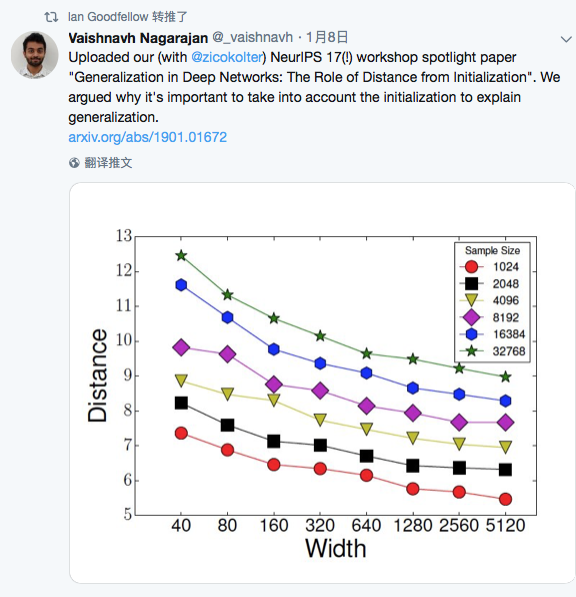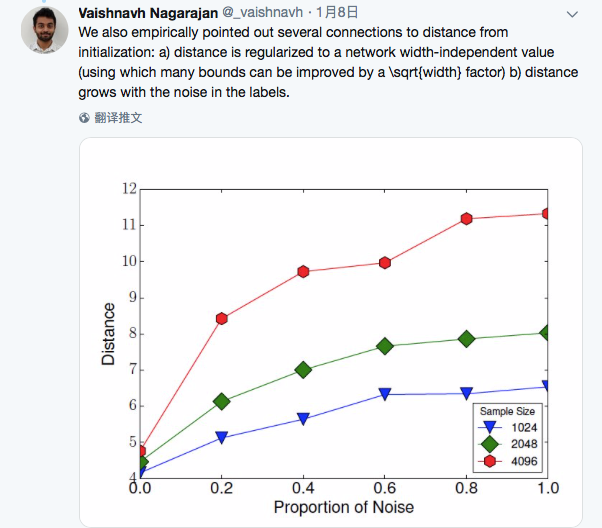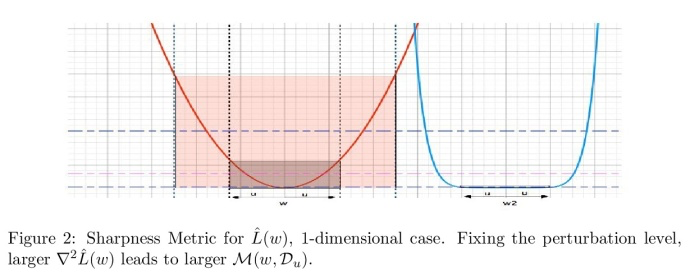How do we know all this? My work focuses on tests of adult knowledge — what adults retain after graduation. The general pattern is that grown-ups have shockingly little academic knowledge. College graduates know about what you’d expect high school graduates to know; high school graduates know about what you’d expect dropouts to know; dropouts know next to nothing. This doesn’t mean that these students never knew more; it just means that only a tiny fraction of what they learn durably stays in their heads.
Week 9- In this paragraph the author included that he works on testing adult's knowledge and what they're retained after graduation. He states that education levels are below that of where they're expected to be. I believe here he is exhibiting generalization. The sample size of his research is not included, leaving many undefined variables that may give a confirming impression when it may not be if the study is expanded. While he may have credentials for it, statistics are not shown or provided with context and therefore I find the correlation not appropriate.


